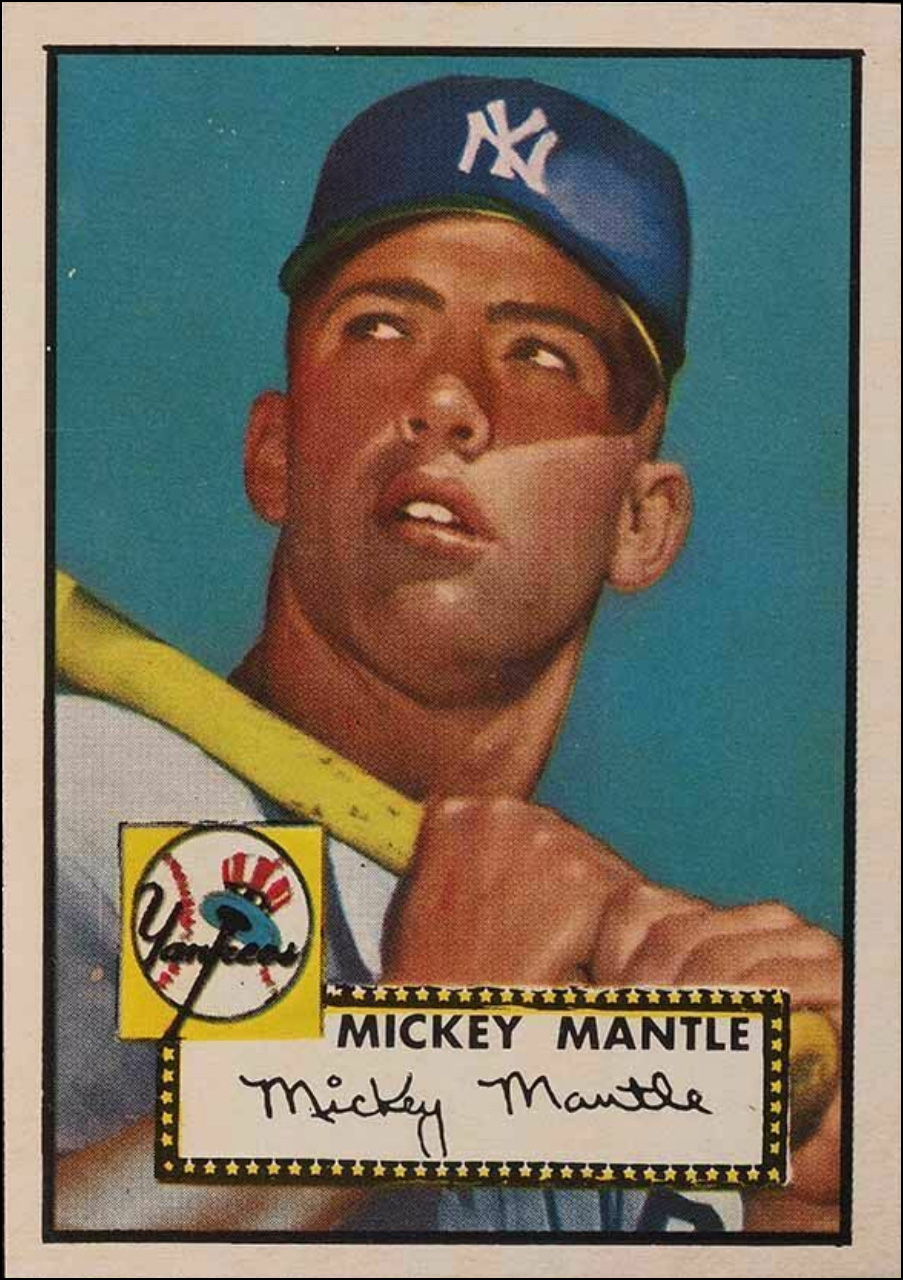What is money? Don't feel bad if you can't answer since no one else can either. Roughly speaking, though, money is an accounting mechanism for keeping track of debt, with its value ultimately backed up by a central government's willingness to accept it for tax payments. Beyond that, there are several attributes that, while not absolutely necessary, are very handy for money to have:
- Hard to counterfeit.
- Stable in value.
- Light and easy to carry around.
- Widely accepted.
- 100% liquid.
There are others, but you get the idea. So is Bitcoin money? Not really. Mining doesn't represent debt of any kind, it's simply a mechanism that doles out coins on a semi-random algorithmic schedule. Nor do any governments accept it for payment of taxes. It's not stable, it's not widely accepted, and it's not especially liquid. On the bright side, it's hard to counterfeit and easy to carry around.
What else shares these attributes? Rare stamps and coins come close, though they're harder to carry around since they're physical objects. But that could be pretty easily solved by creating an index of stamp and coin values that act as the basis for a blockchain.
Alternately, it could be old masters. Or tulips. Or baseball cards.

In other words, Bitcoin has few of the attributes of money but all the attributes of a collectible. And because it's the original cryptocurrency it's more sought after than, say, Ethereum, the way a 1952 Mickey Mantle is worth more than a 1951 Willie Mays. And both are more valuable than a Tom Egan rookie card, sort of the Dogecoin of baseball cards.
Bitcoin fans like to insist that it's money, but that's a serious category mistake that does nothing but cause confusion. As money, it has lots of drawbacks and solves very few problems that ordinary money doesn't already solve. Even its strongest selling point, absolute privacy, is mostly a lie, since nearly all Bitcoin is traded through central exchanges that are regulated by national governments. You don't have to use a central exchange if you have the technical chops to trade it yourself, but that's a pain in the ass and makes Bitcoin even less money-like than it already was.
Why am I pointing this out? Because many rational people don't understand Bitcoin. It seems obviously ridiculous. But that's only if you continue to think of it as a new form of money. If, instead, you think of it as a collectible, it suddenly makes a lot more sense. After all, there are lots of rare things that are collectible and lots of rare things that aren't. It's pretty random, and different collectibles go in and out of style. Remember when Beanie Babies were hot? Or Pez dispensers? There's no why about collectibles. They're just reflections of weird human foibles.
Once you make this mental adjustment you will no longer be confused about Bitcoin. It's a collectible that's gotten a lot of hype. Maybe it will stay valuable, the way rare stamps and coins have stayed valuable for a long time, or maybe, like Beanie Babies, it won't. But whichever turns out to be the case, it means nothing profound about the future of money. Bitcoin is just another collectible that will go up and down at the whims of its fans. Capiche?

Pingback: Column: Coinbase had a great public stock offering. That doesn’t make bitcoin legit – The Top Earth